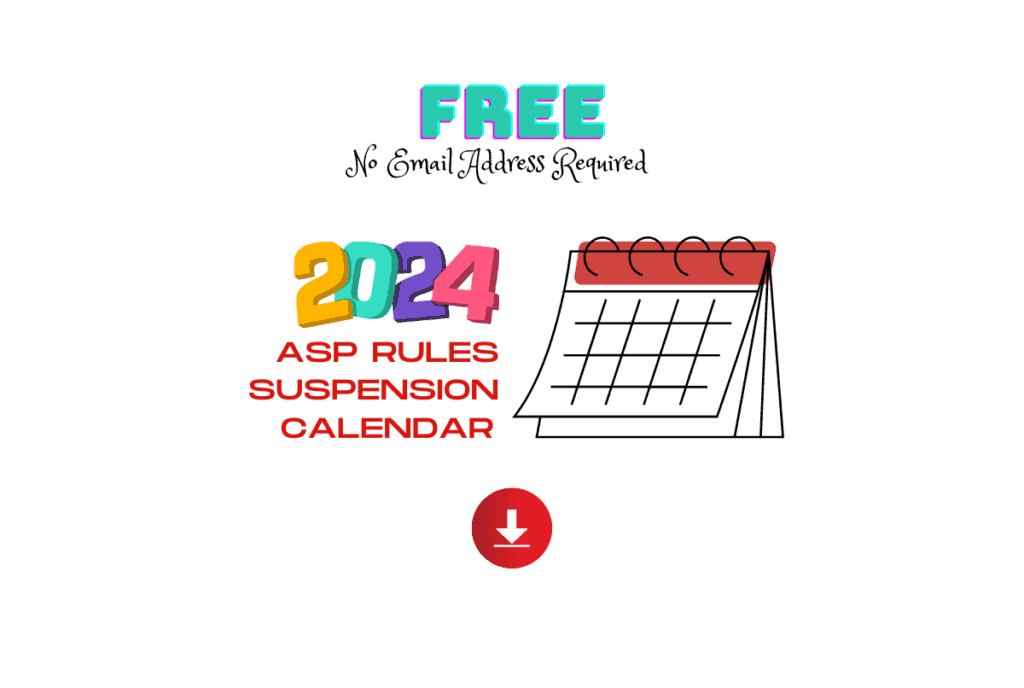Last Updated on December 31, 2017 by Lawrence Berezin
A behind the scenes look at the NYC Parking Violations Bureau
September 11, 2010, New York Law Journal ran a letter captioned “Reform Needed at Parking Bureau.” That letter cited the New York County Lawyers Association 2005 “Administrative Law Judge Reform Report” suggesting (at 8) New York City ALJs are conflicted between:
- Their duty to adjudicate disputes independently and in a fair and impartial manner; and,
- What they perceive as the requirement of loyalty to their employing agency.
The letter concluded:
“After NYCLA released its report, the city adopted rules of conduct for its administrative law judges, but those rules have had little effect at the Parking Violations Bureau, where leadership continued to conduct business as usual.
If that leadership would encourage administrative law judge independence and impartiality, and inform the law judges on the few recurring bureau adjudication issues that an average motorist sitting as an administrative law judge cannot be expected to resolve adequately with a copy of the New York City Traffic Rules, the bureau’s administrative law judges can and will do a very good job.”
PVB disregards it’s own parking ticket rules
The incidents described below began by March of this year and demonstrate reform is still needed at the Parking Violations Bureau.
Subordinates of PVB’s Chief ALJ, Mary Gotsopoulis, reportedly told the ALJs at PVB’s Commercial Adjudication Unit, where hearings on parking violations issued to commercial vehicles normally take place, that the ALJs were no longer to abate penalties at CAU hearings. Arguably, this instruction was contrary to VTL 240 (1-a), which states:
“Whenever a plea of not guilty has been entered by a person in a timely fashion and a hearing upon the merits has been demanded, but has not yet been held, the bureau shall not issue any notice of fine or penalty to that person prior to the date of the hearing.”
This instruction also was contrary to 19 RCNY (Department of Finance Rules for PVB) 39-07 (b), which states: “Upon a showing of good cause, made by the respondent under oath or on affirmation, any additional penalty assessed against such respondent may be abated in whole or in part. Procedures for such abatement may be fixed by the Director.”
Is the practice of penalty abatement kaput?
Upon receiving the instruction not to abate penalties, the ALJs at the Commercial Adjudication Unit stopped their longstanding practice of abating penalties and did not abate any penalties–not even if the penalties originated between the date the hearing was scheduled and the date the hearing was held and not even if a motorist
- Claimed that he did not find the ticket on his vehicle and that he first learned of the ticket from the first notice PVB mails after a penalty accrues, and
- Responded to the ticket promptly after that mailed notice would have been delivered.
Starting on or about April 23, 2012, subordinates of PVB’s Chief ALJ reportedly told the ALJs at CAU that they were to resume removing penalties originating between the date the hearing was scheduled and the date the hearing was held, but that they were not to abate penalties originating before the hearing was scheduled. The ALJs are following this instruction.
Which was worse? That:
- The above instructions to PVB ALJs were meant to affect the outcome of PVB hearings, but were not in writing and not disclosed to the public;
- Those instructions were contrary to decades-old PVB practice and the City’s own published rules;
- Those instructions undermined independent, impartial adjudication;
- The ALJs followed those instructions;
- PVB adjudicates millions of parking violations each year … What do you think? Are you surprised at the brazen circumvention of the written rules by the PVB leadership? How would you resolve this conflict if you were a PVB judge? Ask your questions and share your opinions!


Add your first comment to this post